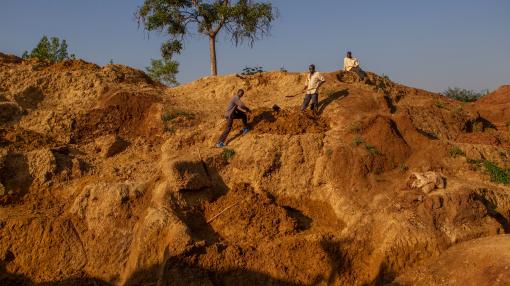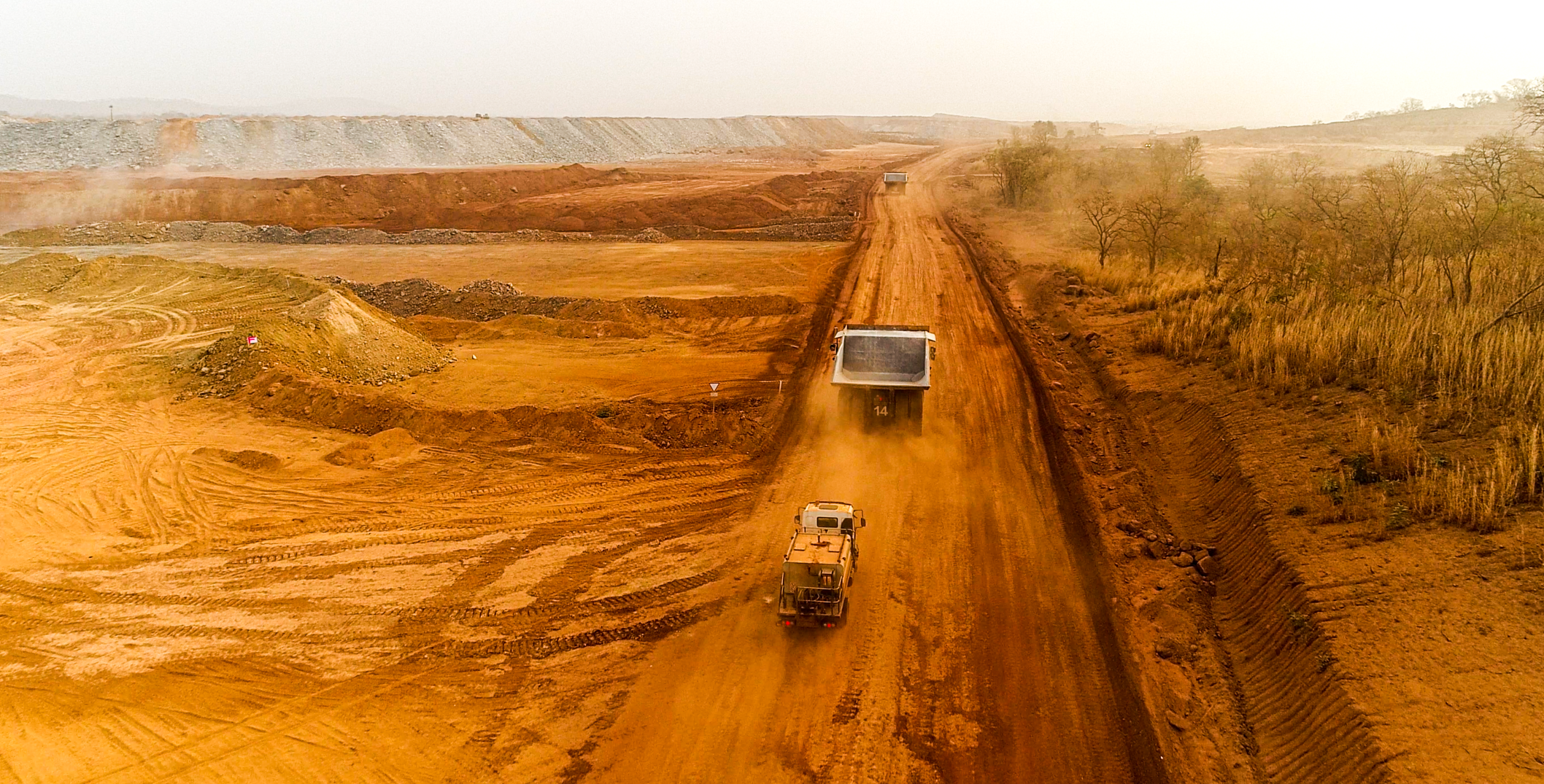
Where we work
Countries
Chile
Chile, heavily dependent on mining, seeks to increase renewable energy generation and achieve zero emissions.
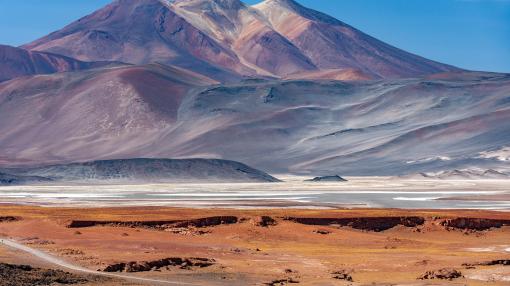
Colombia
Oil and mineral production have been economically significant in Colombia, which now aims to transition beyond the extractive industries.
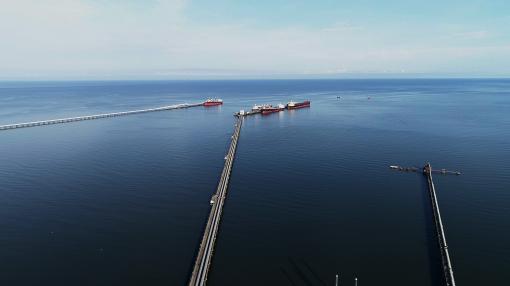
Democratic Republic of the Congo
The DRC has abundant natural resources—including copper, cobalt, lithium, oil and gold—with many of its minerals needed for the energy transition.
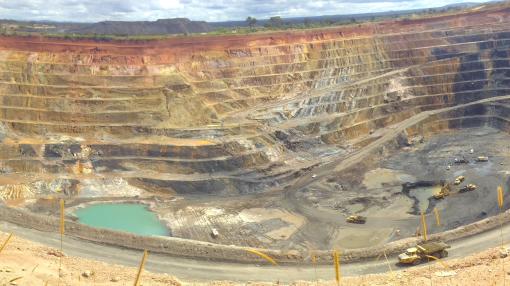
Ghana
Oil- and gold-rich Ghana seeks to enhance extractive sector governance and economic potential, and pave the way for sustainable development.
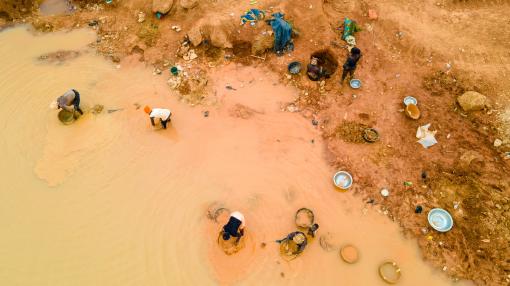
Guinea
Despite world-class bauxite and iron ore reserves, Guinea’s minerals and metals have yet to yield significant socioeconomic improvements for citizens.
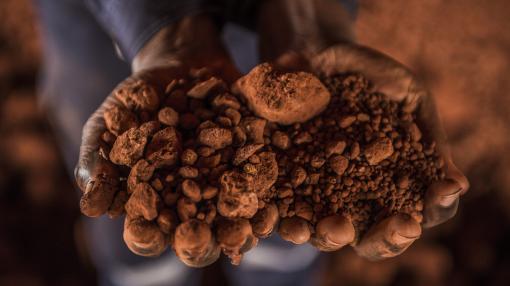
Mexico
Mexico has considerable oil and mineral reserves. Although not extractives-dependent, the country faces an urgent need to improve governance.
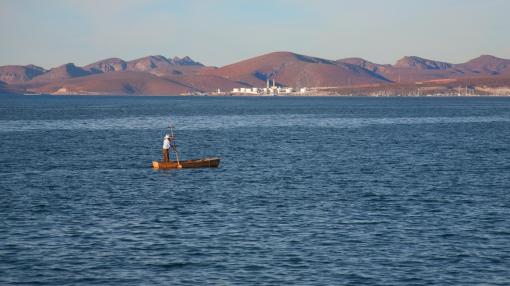
Mongolia
Mining-dependent Mongolia seeks to maintain critical revenues and diversify both its economy and domestic energy mix.

Nigeria
Oil-dependent Nigeria seeks to green its domestic energy, enhance minerals governance, and ensure diversification to achieve economic development.
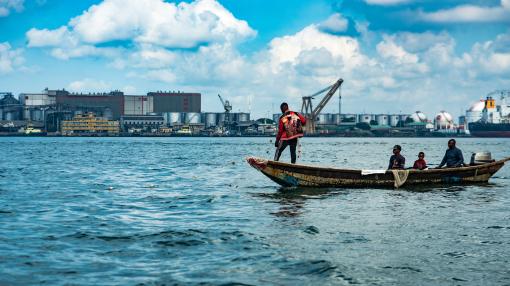
Peru
Peru, spanning both the Andes and the Amazon, has a long history of resource extraction. Mining is the country’s main economic activity.
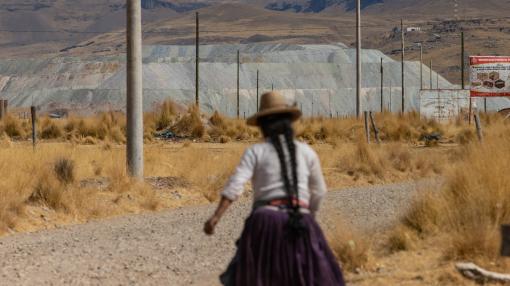
Senegal
Senegal’s imminent gas production places it in a unique position amid the global energy transition. It also has large reserves of phosphate and gold.
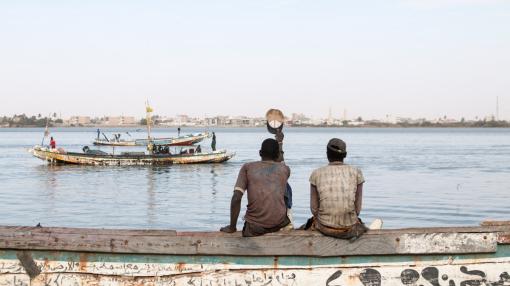
Tanzania
Mineral- and gas-rich Tanzania seeks to unlock revenue potential while navigating the energy transition.
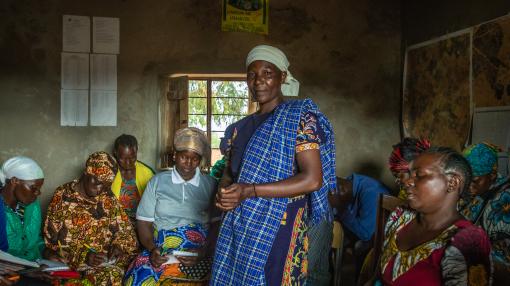
Tunisia
As Tunisia faces a significant energy deficit and reduced revenues from phosphate mining, it seeks to develop renewable energies and extract gas.
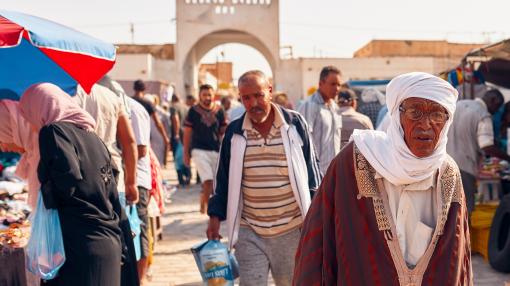
Uganda
Uganda aims to generate revenues from oil and gold production while tapping transition minerals to fund a sustainable energy transition.
